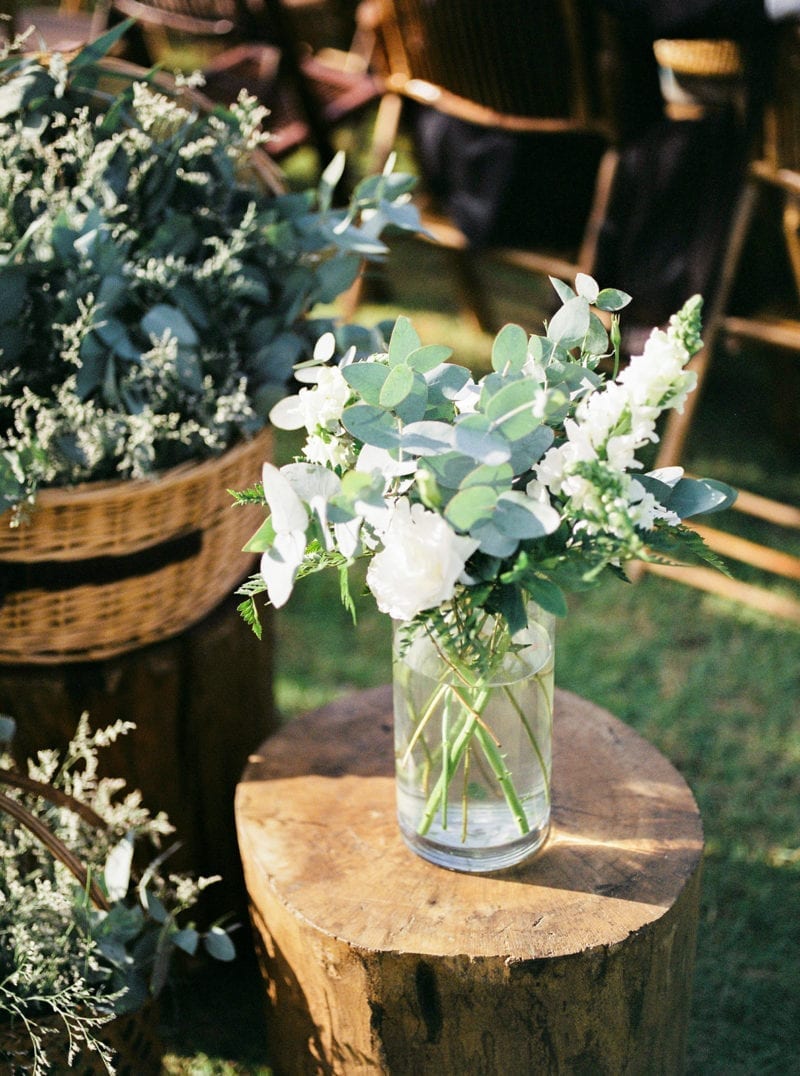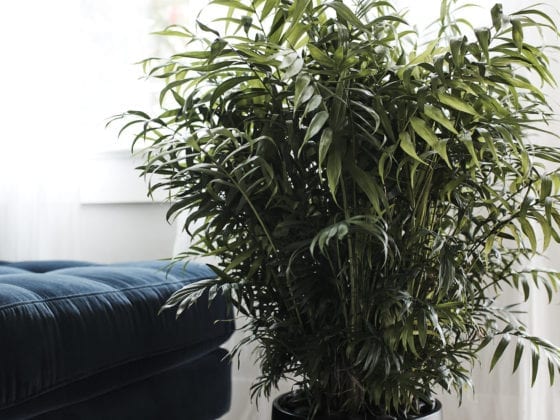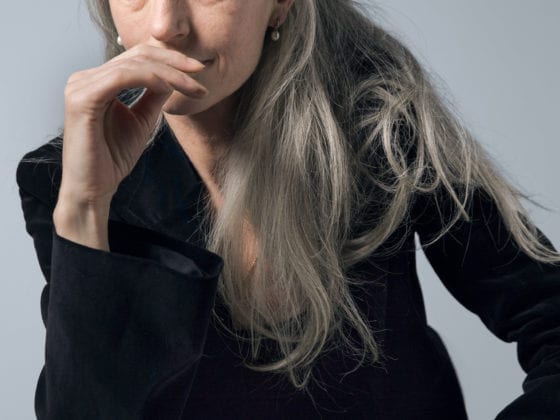November is National Adoption Month, an initiative of the Children’s Bureau to increase national awareness for the need for permanent families for children and youth in the U.S. foster care system.
I never imagined being a mother before becoming a wife. I never imagined shopping for cribs, car seats and highchairs without a spouse to help me decide. I never imagined reading parenting books and praying for a new apartment to care for children that are not biologically my own.
At the age of 27, I was approved by the Ministry of Child and Family Development as a legal foster parent. It was an eight-month journey with endless interviews, training sessions and reference requirements, all while slowly preparing my heart for something I never imagined.
Oftentimes, I have been asked if fostering was always something I was passionate about. To which, the answer is no. It had not been. Through a long journey of personal experiences and faith, I’ve found myself in a place where I have been compelled to respond to the call for justice.
I’ve found myself in a place where I have been compelled to respond to the call for justice.
For eight and a half years, I was involved in a psychologically and physically abusive relationship. As with most cases of abuse, the slow manipulation took years for me to recognize. It didn’t start out that way, and I never had any past experience with abuse or unhealthy relationships that lacked boundaries. I often asked myself, “How could I have ended up in this situation?”
Specifically, as a driven, independent, educated and strong-willed person, I often felt ashamed that I continued in this relationship for so long. It was not until my relationship fell apart and violence took hold that I started to go to counseling. There, I began to understand that my partner was continually angry with me and how I was constantly being blamed for the state of our relationship. Through counseling and close community, my eyes began to open and see the relationship for what it truly was.
When I imagined this person as the father of my children, I became terrified. If I, as an adult and an educated woman, found myself in this place with an inability to take action on my behalf (and as afraid as I was), how would a child in the same sort of environment understand the chaos? Secure and insecure attachment immensely impact brain development and can change the trajectory of a child during infancy. I could not imagine a child in this kind of home.
After I safely left that relationship and spent some time healing, I began to empathize for children, specifically foster children affected by abuse, in a new kind of way. I began to reimagine what family meant in a season of singleness and what it meant in the context of my faith.
I think we’ve lost the vision and understanding of family—both within my Christian faith and the Western world. We look to marriage and biological families as a measure of success and milestones in our lives. Marriage and biological families are important. They’re one of the most sacred spaces that enable humans to flourish. However, within that narrow definition of family, we might be missing something.
Marriage and biological families are important… However, within that narrow definition of family, we might be missing something.
What if our current definition falls short of what it was intended to be? What if we redefined family to include: the fatherless, the widow, the orphan, the struggling, the refugee, the addicted, the lonely, the ones in need and the foster child? What kind of families would we become?
I’m dreaming of a world where there are no children waiting to be placed in foster care because we’ve become the kind of people that know how to welcome in the sojourner as family. I believed so many lies about why I would be incapable of being a foster parent—that I am unmarried, have a single income or that I’d be limited by my career, commitments, comfort level or lifestyle—only to realize that these things were not barriers. They actually have created more space to bring justice to the oppressed and mercy for the oppressor.
Our world is crying out for justice. In the wake of COVID-19, racial injustice, corrupt government systems and a global pandemic, there is an endless list of things that we are fighting for. We want wrongs to be made right in hopes of a better future. Justice is important, and we need to uphold it.
But what if justice needs to be held in tension with mercy? What if we stop to consider how the oppressor became the way he or she did to harm another human being? This is not an excuse for violence or injustice. However, it is important for mercy to inform our response to injustice. Humans need to be held accountable for violations against humanity and the sacredness of human life. In the same breath, the oppressors also hold their own brokenness that led them to a cycle of perpetuated injustice.
Fostering is a unique way to stand in the gap. It upholds justice for the oppressed (usually the child of a volatile family situation) and mercy for the oppressor (usually the broken parents or caregivers). Both humans are equally valuable. Both are sacred and filled with human dignity. Both are in need of grace.
Fostering is a unique way to stand in the gap. It upholds justice for the oppressed and mercy for the oppressor.
It’s an honor and a privilege to be able to stand in the gap and fight for both justice and mercy. It’s a small step in the direction of restoration and wholeness—something that we all desperately need.
For more information about how to become a foster parent, visit the Child Welfare Information Gateway and AdoptUSKids.
How much do you know about the American foster care system? Have you ever considered fostering a child or adoption?
Image via Raisa Zwart Photography










